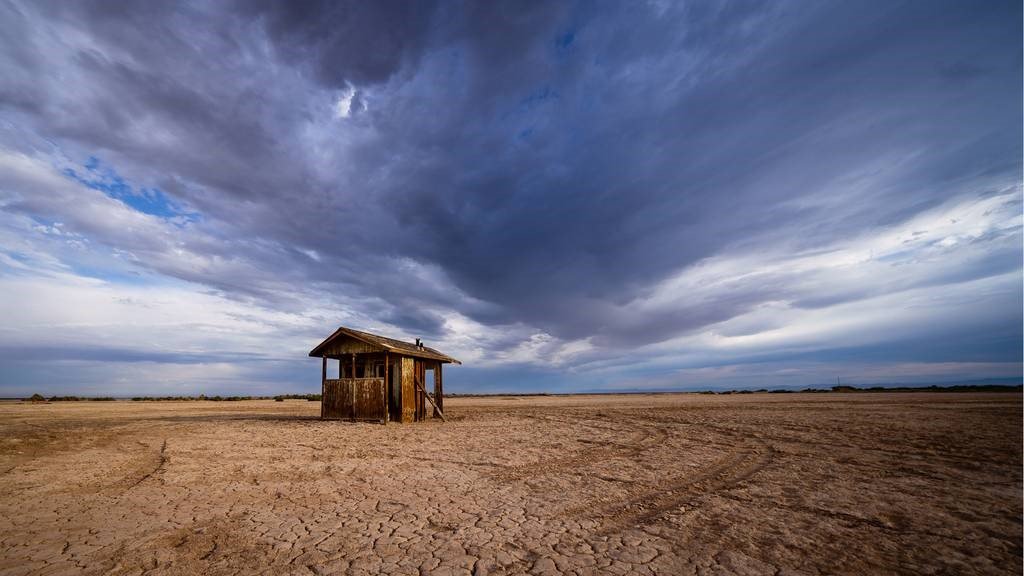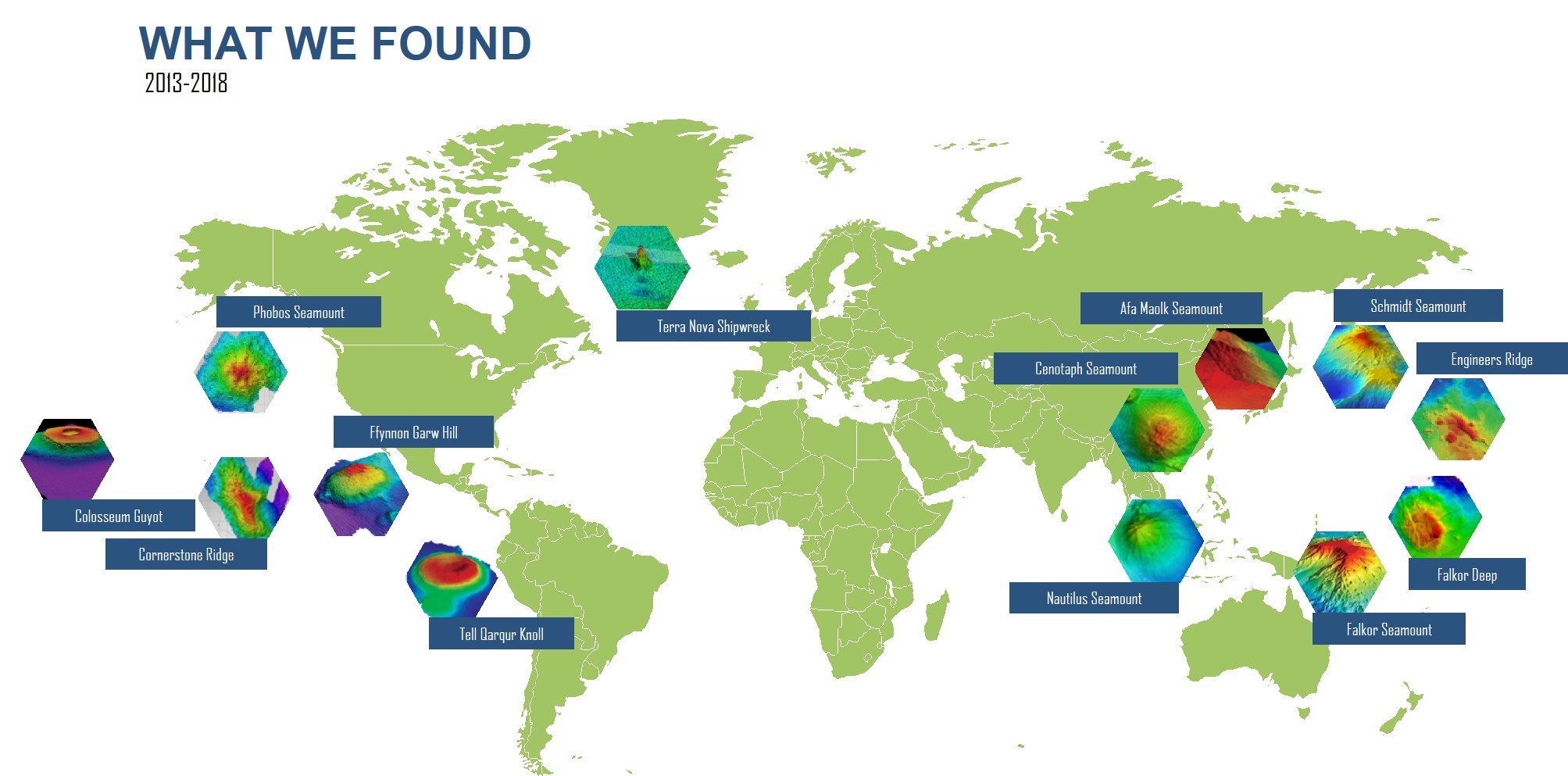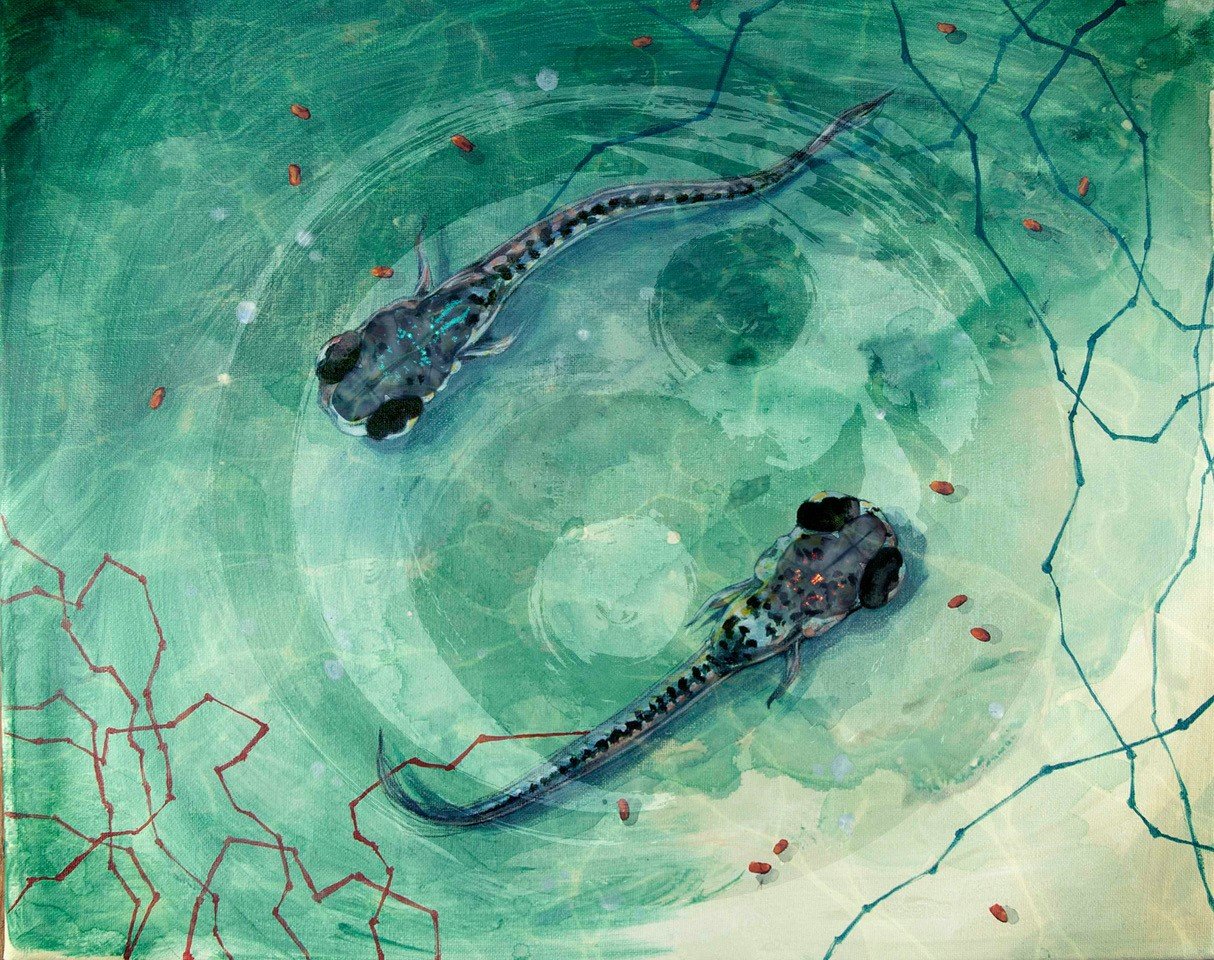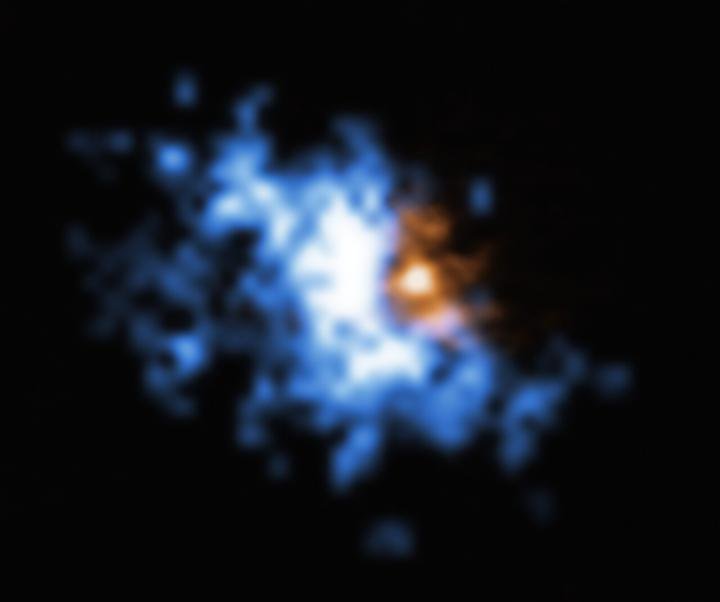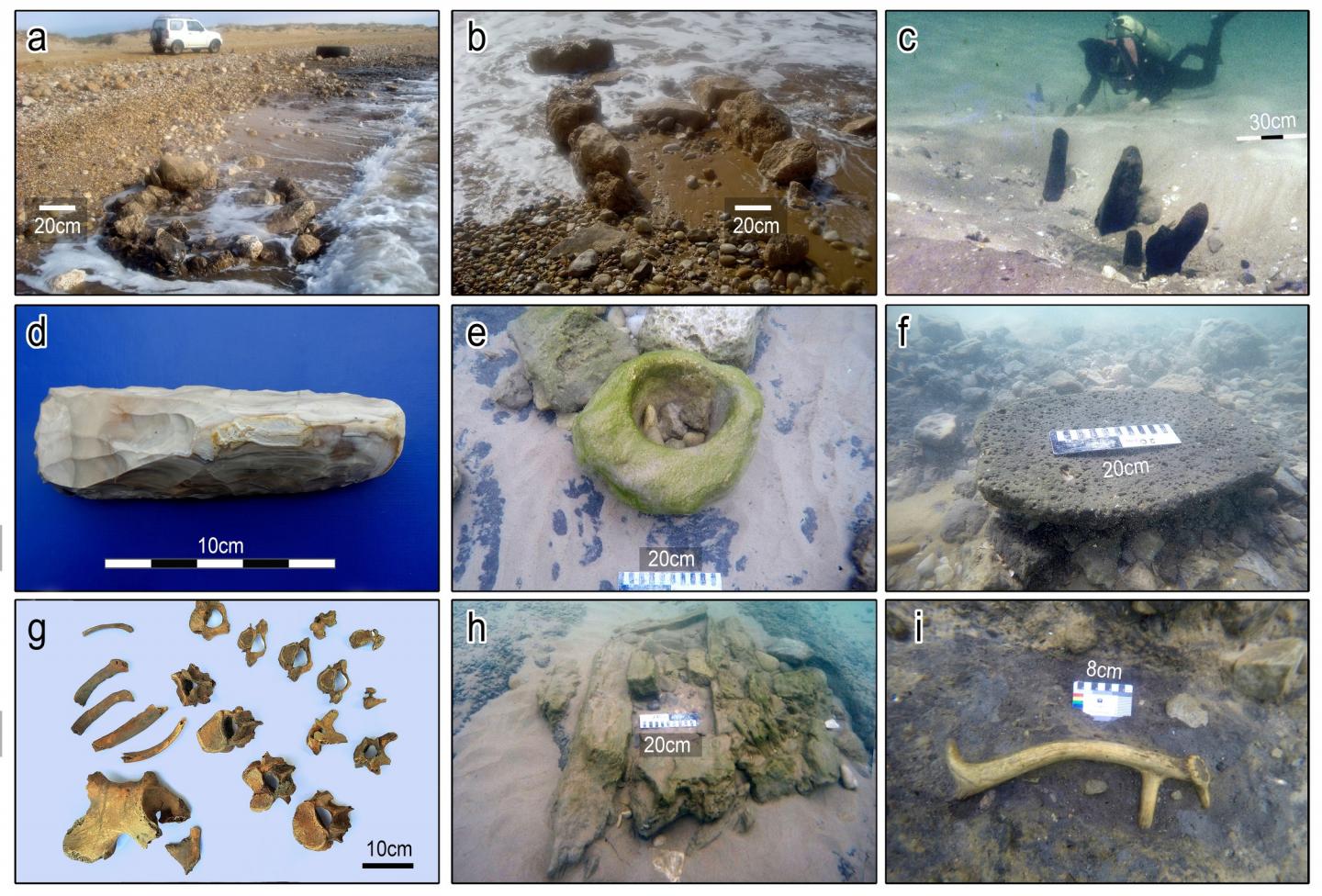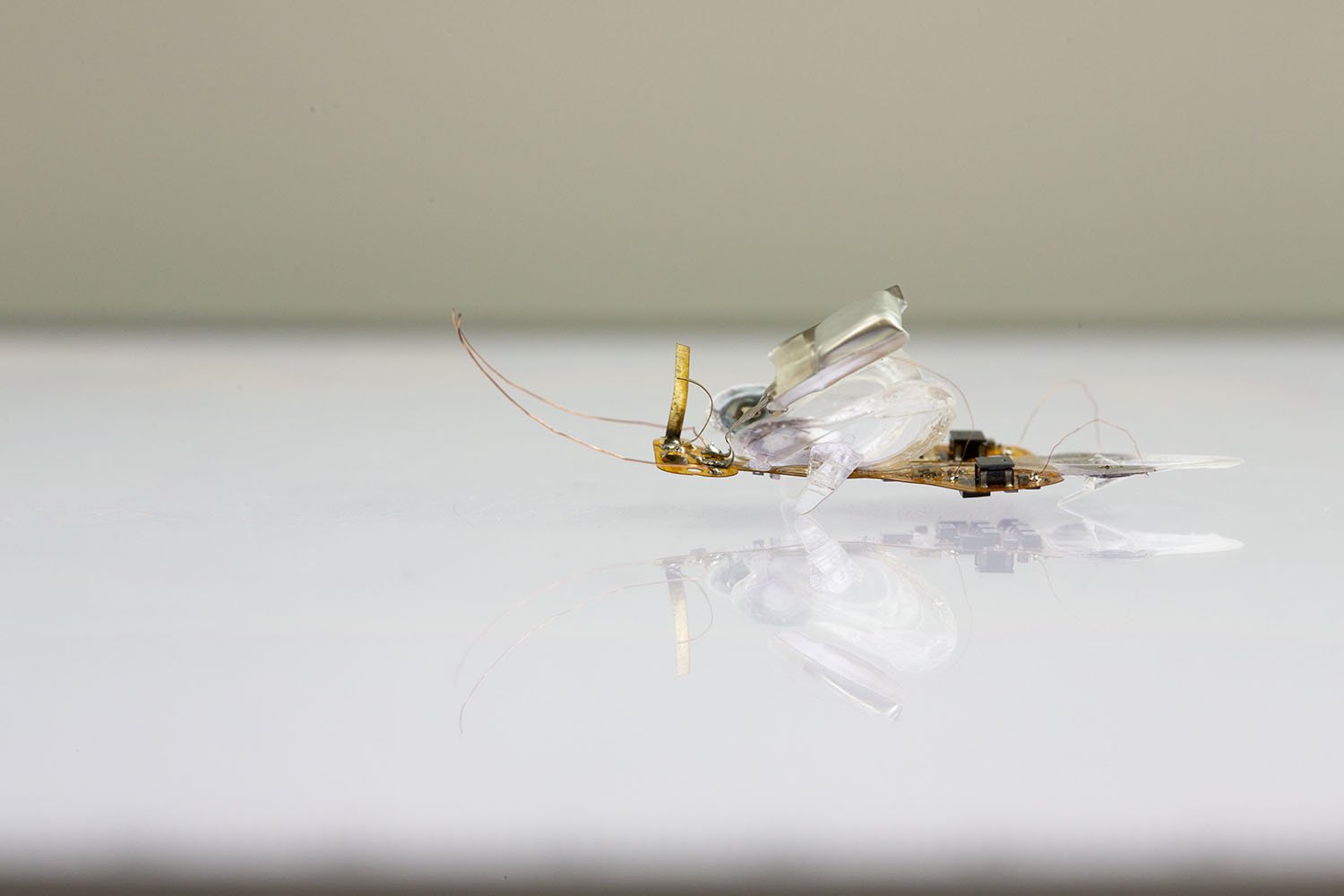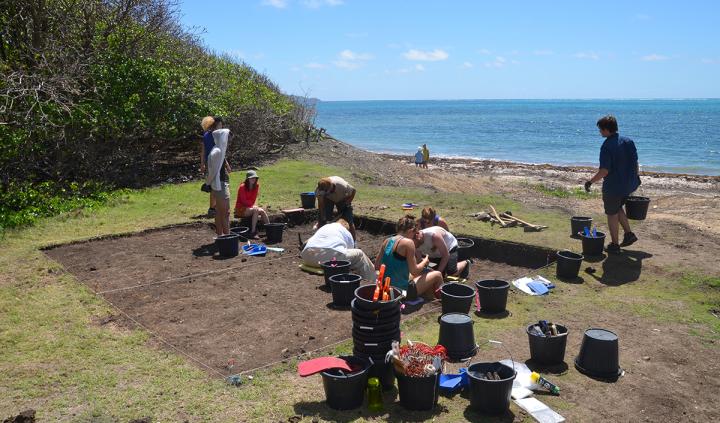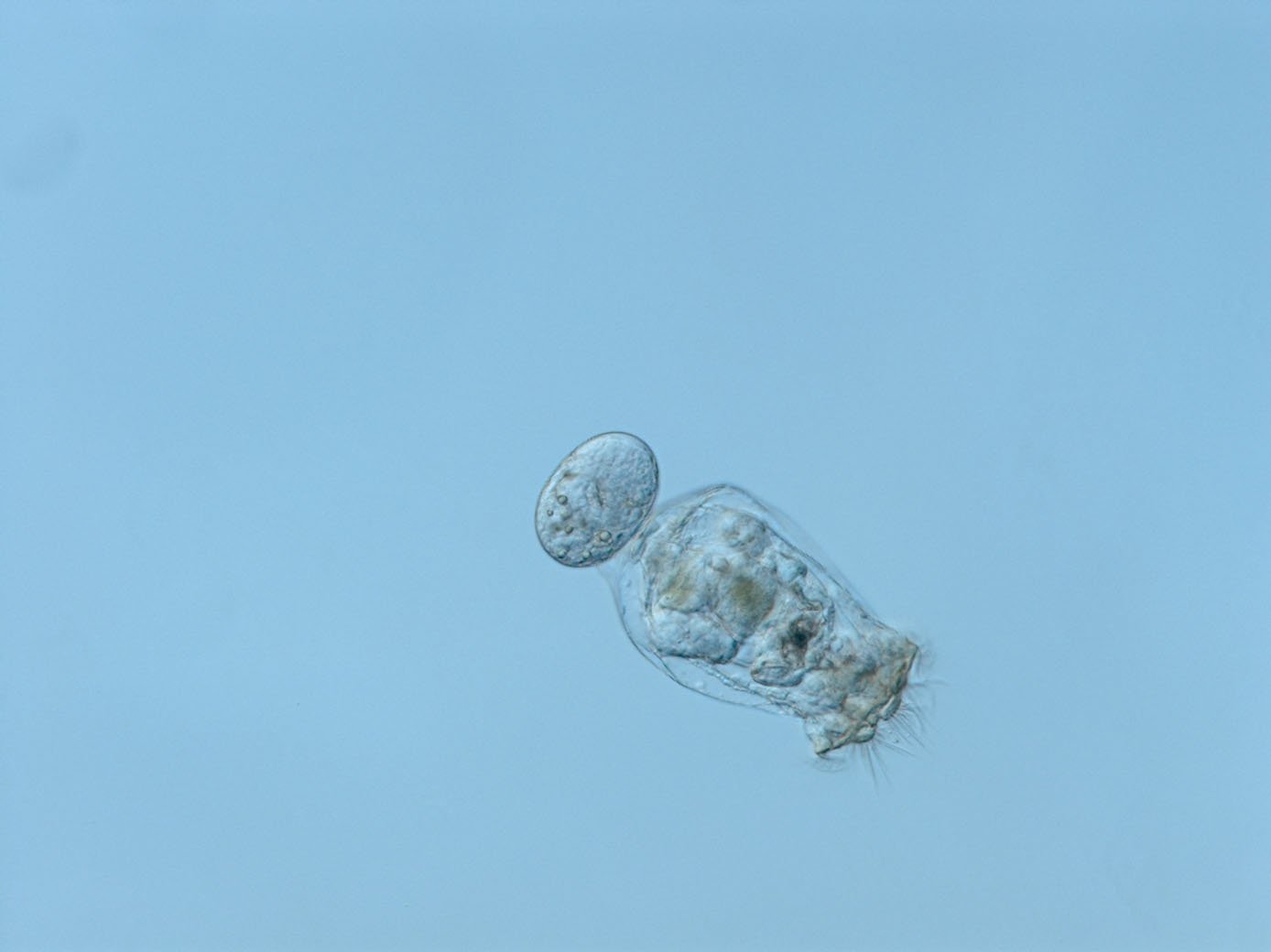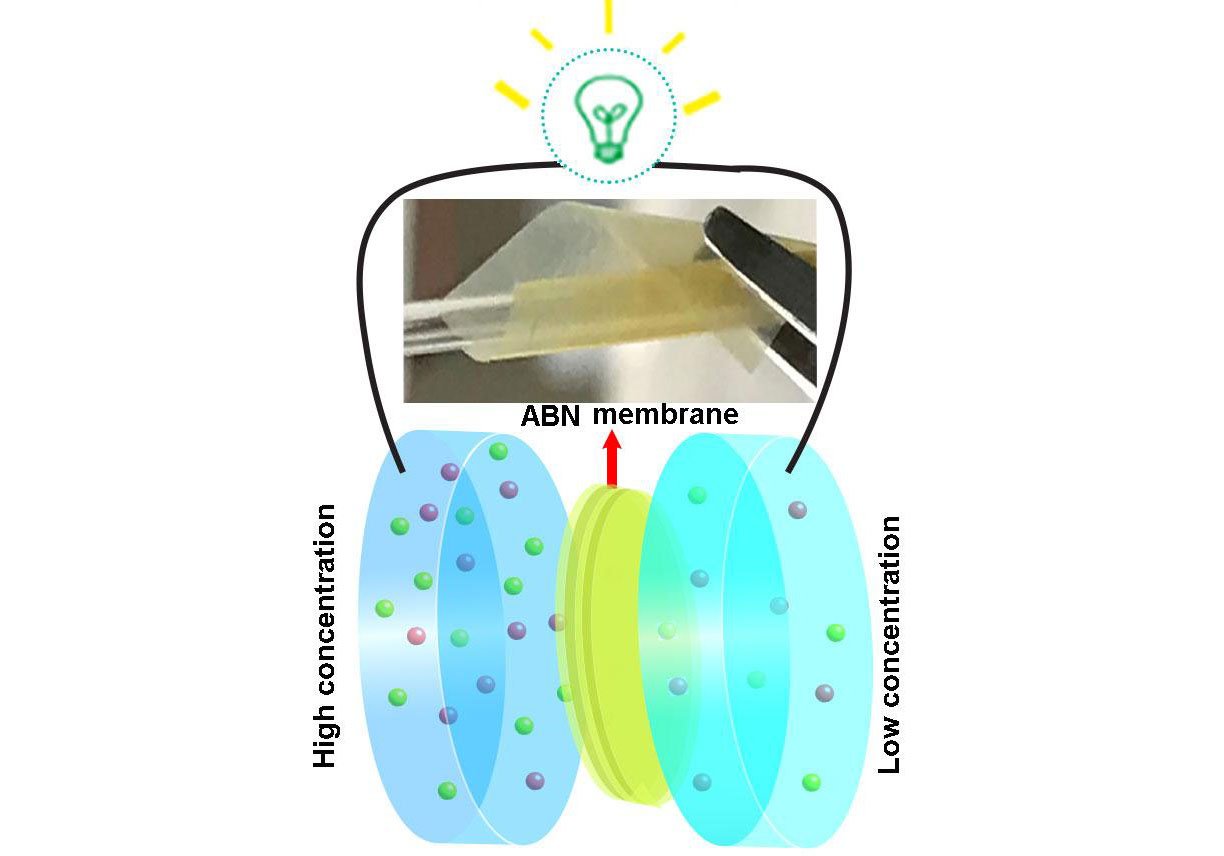Trashed farmland could be conservation treasure
Low-productivity agricultural land could be transformed into millions of hectares of conservation reserve across the world, according to University of Queensland-led research. The research team proposed a new way of understanding the conservation value of “uncontested lands” – areas where agricultural productivity is low. Dr Zunyi Xie, from UQ’s School of Earth and Environmental Sciences, … Read more
